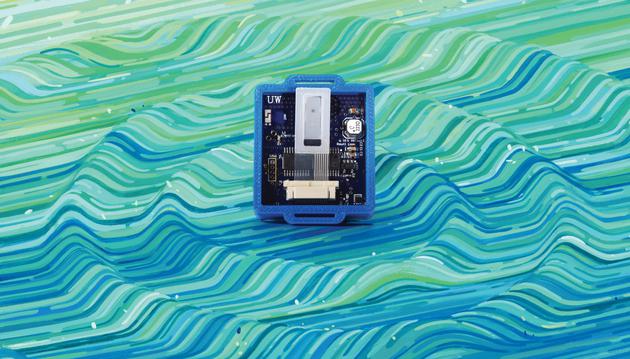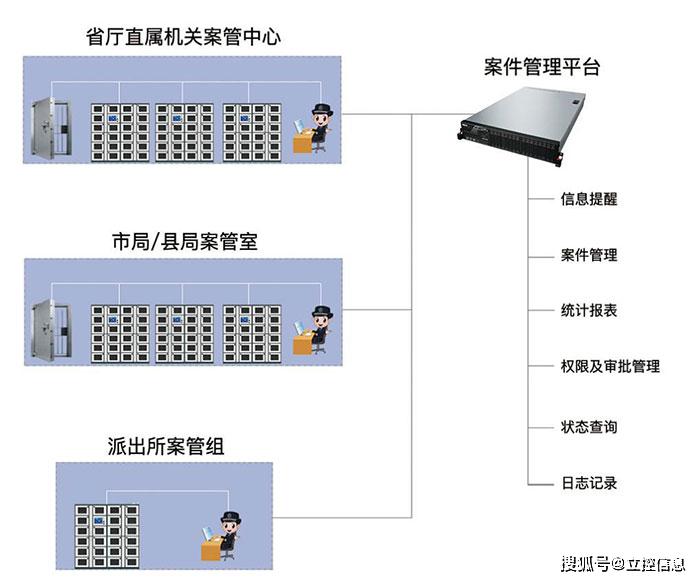摘要:,,本文研究了电子设备中次铁磁性的优化。通过深入研究次铁磁性的特性和影响因素,提出了一系列优化措施,以提高电子设备的性能和稳定性。这些优化措施包括改进材料选择、设计更高效的磁路结构以及优化制造工艺等。通过实施这些策略,可以显著提高电子设备的运行效率和可靠性,为电子设备行业的进一步发展奠定基础。
In the realm of electronic devices, the concept of sub-iron magnetism has gained significant importance due to its potential in enhancing device performance. Sub-iron magnetism refers to the magnetic properties exhibited by materials that are not fully magnetic like iron but still possess certain magnetic characteristics. In this article, we will explore the methods to achieve and optimize sub-iron magnetism in electronic devices.
1、Understanding Sub-Iron Magnetism
Sub-iron magnetism arises due to the presence of partially aligned magnetic moments within a material. These moments are induced by external magnetic fields or through intrinsic mechanisms within the material itself. While not as strong as pure iron, sub-iron magnetic materials still possess significant magnetic properties that can be harnessed for various electronic applications.
2、Realizing Sub-Iron Magnetism in Electronic Devices
To realize sub-iron magnetism in electronic devices, one must identify materials that exhibit this property. Various materials, including certain alloys and compounds, can be explored for their sub-iron magnetic behavior. Once identified, these materials can be integrated into electronic devices during their manufacturing process.
3、Optimization Techniques for Sub-Iron Magnetism
a. Material Selection and Processing:
Choosing the right material is crucial to optimizing sub-iron magnetism. Materials with higher magnetic susceptibility and better stability are preferred. Additionally, processing techniques, such as heat treatment and doping, can be used to enhance the magnetic properties of these materials.
b. Device Design:
The design of the electronic device plays a significant role in optimizing sub-iron magnetism. For instance, the placement of magnetic materials within the device, the shape and size of magnetic components, and the overall architecture of the device can be optimized to enhance sub-iron magnetism.
c. External Fields:
External magnetic fields can be used to enhance sub-iron magnetism in electronic devices. By applying external fields during operation, one can align the magnetic moments within the material more effectively, thereby improving its magnetic properties.
d. Integration with Other Technologies:
Combining sub-iron magnetic materials with other technologies, such as spintronics or microwave engineering, can further enhance the performance of electronic devices. These combined technologies can harness the unique properties of sub-iron magnetism to achieve better device performance.
e. Temperature Management:
Temperature can significantly affect the magnetic properties of sub-iron materials. Therefore, effective temperature management is crucial to optimize sub-iron magnetism in electronic devices. Techniques such as thermal insulation, cooling systems, and heat sinks can be employed to maintain optimal operating temperatures for sub-iron magnetic materials.
f. Software Optimization:
Software algorithms can also play a role in optimizing sub-iron magnetism in electronic devices. By optimizing software algorithms to account for sub-iron magnetic behavior, one can achieve better device performance and accuracy.
4、Challenges and Future Directions
Despite the potential of sub-iron magnetism in enhancing electronic device performance, there are several challenges that need to be addressed. One challenge is identifying suitable materials that exhibit sub-iron magnetic behavior. Another challenge lies in achieving consistent and reliable sub-iron magnetism in large-scale production.
Future research should focus on exploring new materials for sub-iron magnetism, developing advanced processing techniques to enhance their magnetic properties, and exploring novel applications of sub-iron magnetism in various electronic devices. Additionally, research should also focus on understanding the fundamental mechanisms behind sub-iron magnetism to further optimize its performance in electronic devices.
In conclusion, sub-iron magnetism offers significant potential in enhancing the performance of electronic devices. By understanding its fundamentals, identifying suitable materials, optimizing device design, and integrating it with other technologies, one can achieve optimal sub-iron magnetism in electronic devices, leading to better device performance and efficiency.




 京公网安备11000000000001号
京公网安备11000000000001号 京ICP备11000001号
京ICP备11000001号